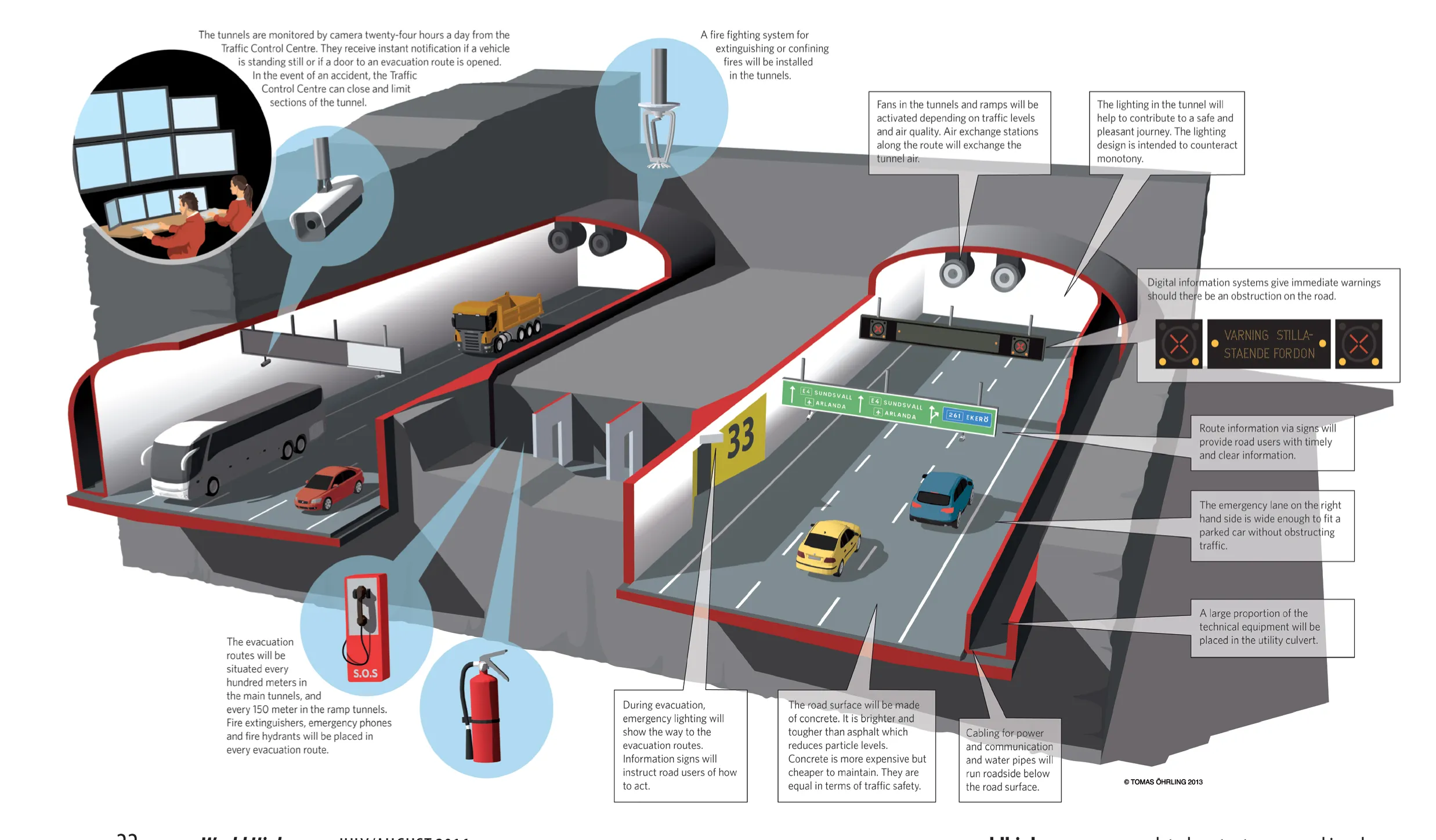Swiss supermarket chain Coop and Swiss-based energy company Axpo plan to open Switzerland’s first public hydrogen filling station in 2016, according to a report by the newspaper Basler Zeitung. The two companies said more stations will be rolled out.
Axpo will supply the hydrogen by splitting oxygen and hydrogen from water at its water power plant using a water electrolyser, an operation that is powered by the plant’s hydroelectric power station which makes the process carbon neutral.
According to Axp
April 9, 2015
Read time: 2 mins
Swiss supermarket chain Coop and Swiss-based energy company Axpo plan to open Switzerland’s first public hydrogen filling station in 2016, according to a report by the newspaper Basler Zeitung. The two companies said more stations will be rolled out.
Axpo will supply the hydrogen by splitting oxygen and hydrogen from water at its water power plant using a water electrolyser, an operation that is powered by the plant’s hydroelectric power station which makes the process carbon neutral.
According to Axpo, filling a car with hydrogen costs around the same as filling it with diesel or petrol and takes two to four minutes. A car can expect to get around 800km from a tank of hydrogen.
Meanwhile, the directorate general for mobility and roads in the Swiss canton of Vaud will launch three major projects this month to improve access to the Lausanne-Morges conurbation.
The Tribune de Geneve reported that work on the Vennes-Croisettes section of la route de Berne will take place in two stages, one from now until November and then from April to November next year.
Work is also scheduled on la route de Romanel between the junctions of la Blécherette and Solitaire from April 2015 to April 2016. This section will be re-routed by 1km and will have three lanes and a two-way cycle track.
Finally, improvements will also continue on la route du Lac.
Axpo will supply the hydrogen by splitting oxygen and hydrogen from water at its water power plant using a water electrolyser, an operation that is powered by the plant’s hydroelectric power station which makes the process carbon neutral.
According to Axpo, filling a car with hydrogen costs around the same as filling it with diesel or petrol and takes two to four minutes. A car can expect to get around 800km from a tank of hydrogen.
Meanwhile, the directorate general for mobility and roads in the Swiss canton of Vaud will launch three major projects this month to improve access to the Lausanne-Morges conurbation.
The Tribune de Geneve reported that work on the Vennes-Croisettes section of la route de Berne will take place in two stages, one from now until November and then from April to November next year.
Work is also scheduled on la route de Romanel between the junctions of la Blécherette and Solitaire from April 2015 to April 2016. This section will be re-routed by 1km and will have three lanes and a two-way cycle track.
Finally, improvements will also continue on la route du Lac.









